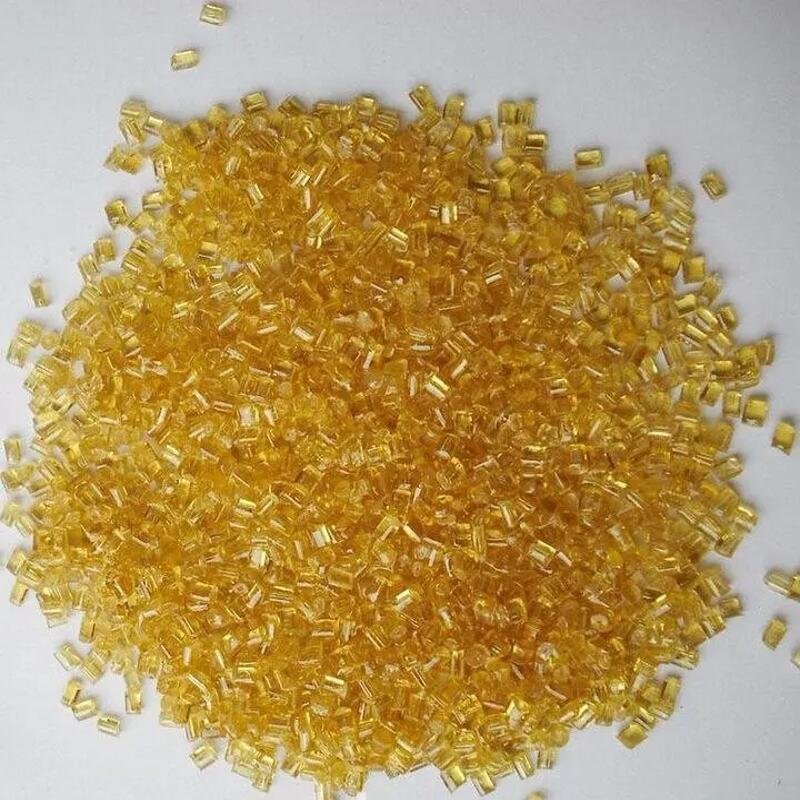-
Categories
-
Pharmaceutical Intermediates
-
Active Pharmaceutical Ingredients
-
Food Additives
- Industrial Coatings
- Agrochemicals
- Dyes and Pigments
- Surfactant
- Flavors and Fragrances
- Chemical Reagents
- Catalyst and Auxiliary
- Natural Products
- Inorganic Chemistry
-
Organic Chemistry
-
Biochemical Engineering
- Analytical Chemistry
-
Cosmetic Ingredient
- Water Treatment Chemical
-
Pharmaceutical Intermediates
Promotion
ECHEMI Mall
Wholesale
Weekly Price
Exhibition
News
-
Trade Service
On July 27, the United Nations Conference on Trade and Development released a report stating that the new crown pneumonia epidemic has led to increased pollution of disposable products such as plastic masks and hand sanitizer bottles around the world, and the implementation of effective trade rules and policies will help limit the spread of new crown pneumonia epidemic waste pollution.
.
While Covid-19 lockdowns have led to a 5% drop in global greenhouse gas emissions, not all containment measures have had a positive impact on the environment, according to estimates by UNCTAD
.
According to the data, global sales of disposable masks alone have soared from $800 million in 2019 to $166 billion in 2020
.
It is estimated that about 75% of the plastics in the new crown pneumonia epidemic will become garbage, clogging up landfills or floating in the ocean, and its clean-up costs are also staggering
.
The role of trade policy in slowing and addressing plastic pollution should not be overlooked, the report said
.
According to the World Trade Organization, trade measures involving plastics, such as technical regulations, subsidies, licenses and bans, have grown by 28% annually over the past 10 years, showing that plastic pollution is increasingly becoming a major concern for countries
.
According to the report, developing countries account for a larger share of the global plastics economy, with their share of global plastics production jumping from 43.
5% in 2009 to 58% in 2018, with two-thirds of global plastics manufacturing in the southern hemisphere
.
As developing countries are major suppliers of many plastic alternatives, increased global demand for plastic alternatives could create new and greener trade and investment opportunities for them
.







